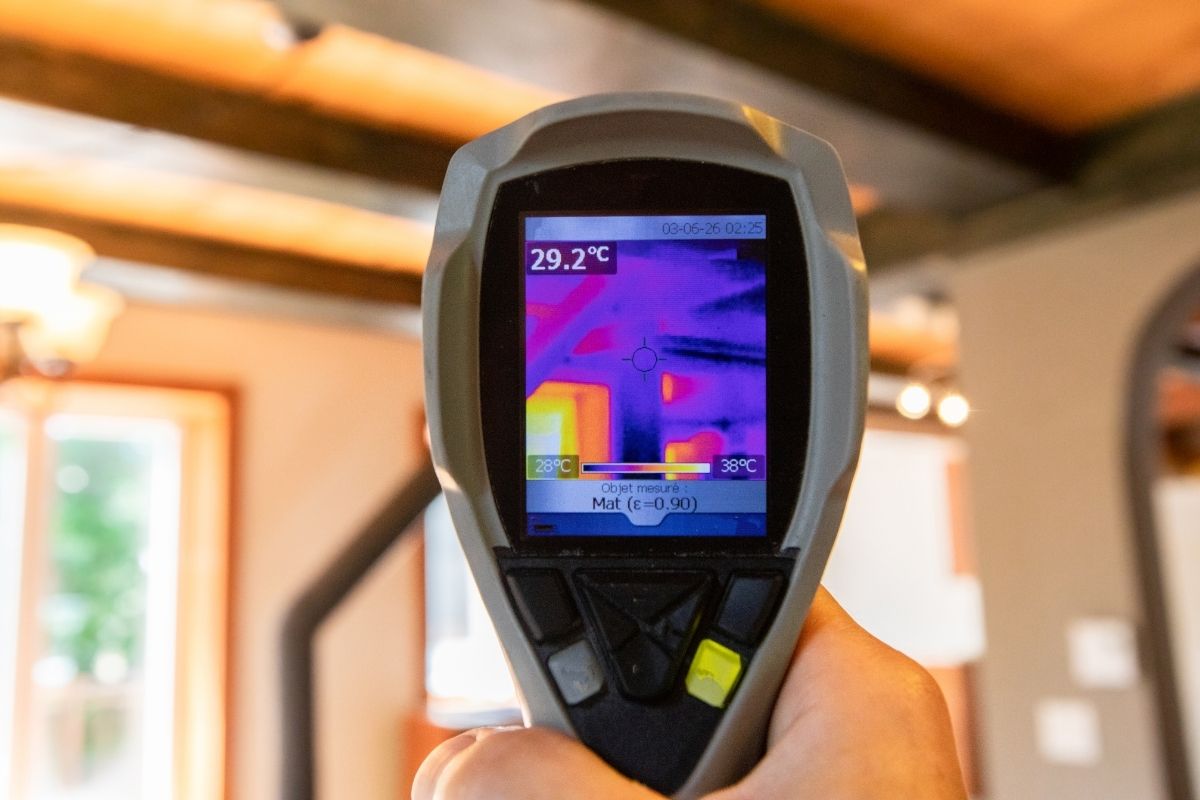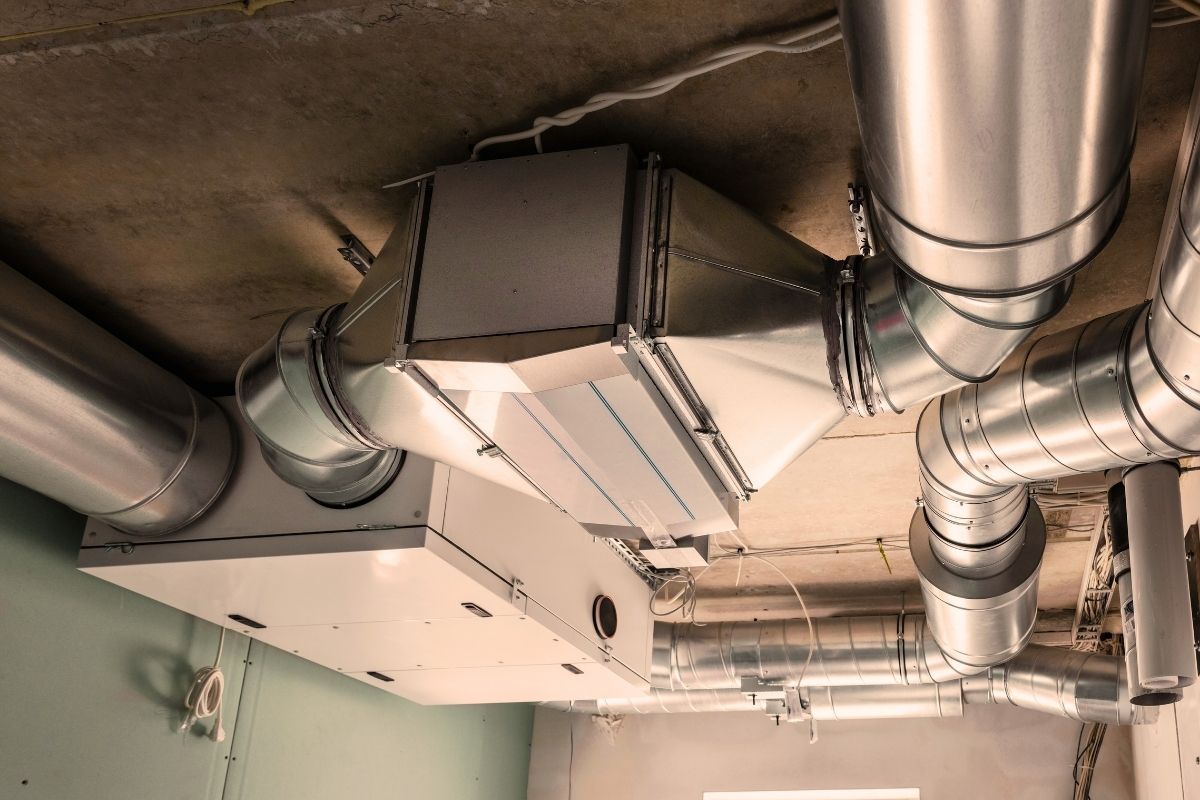
As World Cities Day approaches on 31 October, the theme "Youth Leading Climate and Local Action for Cities" brings a fresh perspective to sustainable urban development. With younger generations taking an active role in shaping greener cities, Indoor Air Quality (IAQ) becomes a critical part of their vision for healthier urban spaces. IAQ directly impacts health, comfort, and productivity, all of which are essential for vibrant and resilient cities.
With new government regulations and smart building technologies, effective IAQ management is a powerful way for facilities managers, property owners, and building engineers to contribute to healthier cities and climate resilience. Here’s how innovative IAQ solutions can build the cities of tomorrow by improving air quality, reducing energy consumption, and meeting the latest standards.

Indoor Air Quality impacts health, daily comfort, and productivity. Poor IAQ can cause respiratory issues, allergies, and cognitive issues, which disproportionately affect occupants and workers in urban areas. With the average person spending 90% of their time indoors, IAQ isn’t just a choice—it’s a priority for the next generation of city leaders. Studies have shown that improved IAQ can boost productivity by 11% and reduce absenteeism by 35%, a major benefit for the workplaces and educational environments people rely on.
To address these impacts, the UK Government has released Air Quality Guidelines for Volatile Organic Compounds in Indoor Spaces, underscoring the need for IAQ best practices in both workplaces and public spaces.
Government legislation is increasingly emphasising IAQ, impacting facilities managers, landlords, and property owners who wish to future-proof their buildings. Here are some of the critical standards influencing IAQ compliance:
Building Regulations Part L 2021 & 2025: These regulations aim to create nearly zero-energy buildings, blending energy efficiency with optimal air quality. Proper ventilation is essential, ensuring that energy performance is achieved without compromising IAQ, a key priority for climate-conscious leaders.
Proposals for Mandatory IAQ Monitoring: Organisations like the Building Engineering Services Association (BESA) are advocating for stricter IAQ standards, including mandatory monitoring for CO₂, VOCs, and particulate matter. This push for compliance aligns with the next generation's focus on transparency and data-driven environmental action. The Air Quality Strategy Framework for Local Authority Delivery offers insights into best practices for achieving IAQ goals.
Minimum Energy Efficiency Standards (MEES): MEES primarily focus on energy performance but indirectly encourage improved IAQ. Buildings with high-efficiency ratings often feature advanced ventilation and air filtration systems, creating healthier spaces for today’s and tomorrow’s occupants.

Smart technology enables facilities managers, building engineers, and property managers to take proactive steps in IAQ management, making it easier to achieve sustainability goals. The Indoor Air Quality Report discusses how real-time monitoring and AI-driven IAQ solutions can lead to significant improvements in building health and energy efficiency. Here’s how:
Real-Time Monitoring: IoT sensors offer facilities managers real-time data on air quality, allowing them to identify and address IAQ issues quickly. These systems detect pollutants, humidity, and CO₂ levels, providing actionable insights that support healthier building environments.
Energy-Efficient Ventilation: Mechanical Ventilation with Heat Recovery (MVHR) systems not only deliver fresh air but conserve energy, cutting operational costs and enhancing IAQ. This approach directly aligns with the values of professionals focused on both health and climate resilience.
AI and Predictive Maintenance: Leveraging AI, building engineers can predict dips in IAQ and proactively adjust ventilation and filtration systems. This predictive maintenance reduces downtime, ensures consistent air quality, and keeps buildings compliant with the latest standards.

Facilities management professionals, property owners, or building engineers can take these practical steps to make a measurable impact on IAQ:
Conduct Regular IAQ Audits: Scheduled audits help facilities managers identify improvements and ensure compliance, a proactive approach that future-focused leaders can champion.
Invest in Smart Ventilation and Filtration Systems: Energy-efficient HVAC systems offer long-term cost savings while delivering a steady supply of fresh air, essential for both regulatory compliance and occupant well-being.
Educate Occupants on IAQ: Simple measures like eco-friendly cleaning products, regularly changing filters, and keeping vents clean can significantly improve air quality. Educating tenants or employees empowers younger generations to take part in creating healthier spaces.
Indoor Air Quality isn’t just a technical consideration; it’s a call to action for today’s and tomorrow’s leaders in facilities management, property management, and building engineering. Professionals in these fields have a unique opportunity to drive IAQ initiatives that support both health and climate resilience.
At Karsons Consulting, we are committed to helping leaders of today and the future optimise IAQ with comprehensive solutions, from energy-efficient ventilation designs to real-time monitoring systems. Let’s work together to build healthier, more sustainable cities.
Contact us today to learn more about how our IAQ solutions can support your goals. Call 020 3282 7605 or email info@karsonsconsulting.com.
Karsons Consulting are members of the Chartered Institute of Building Services Engineers, The Association of Consultancy and Engineering, British Institute of Facilities Managers and the Building Services Research and Information Association.